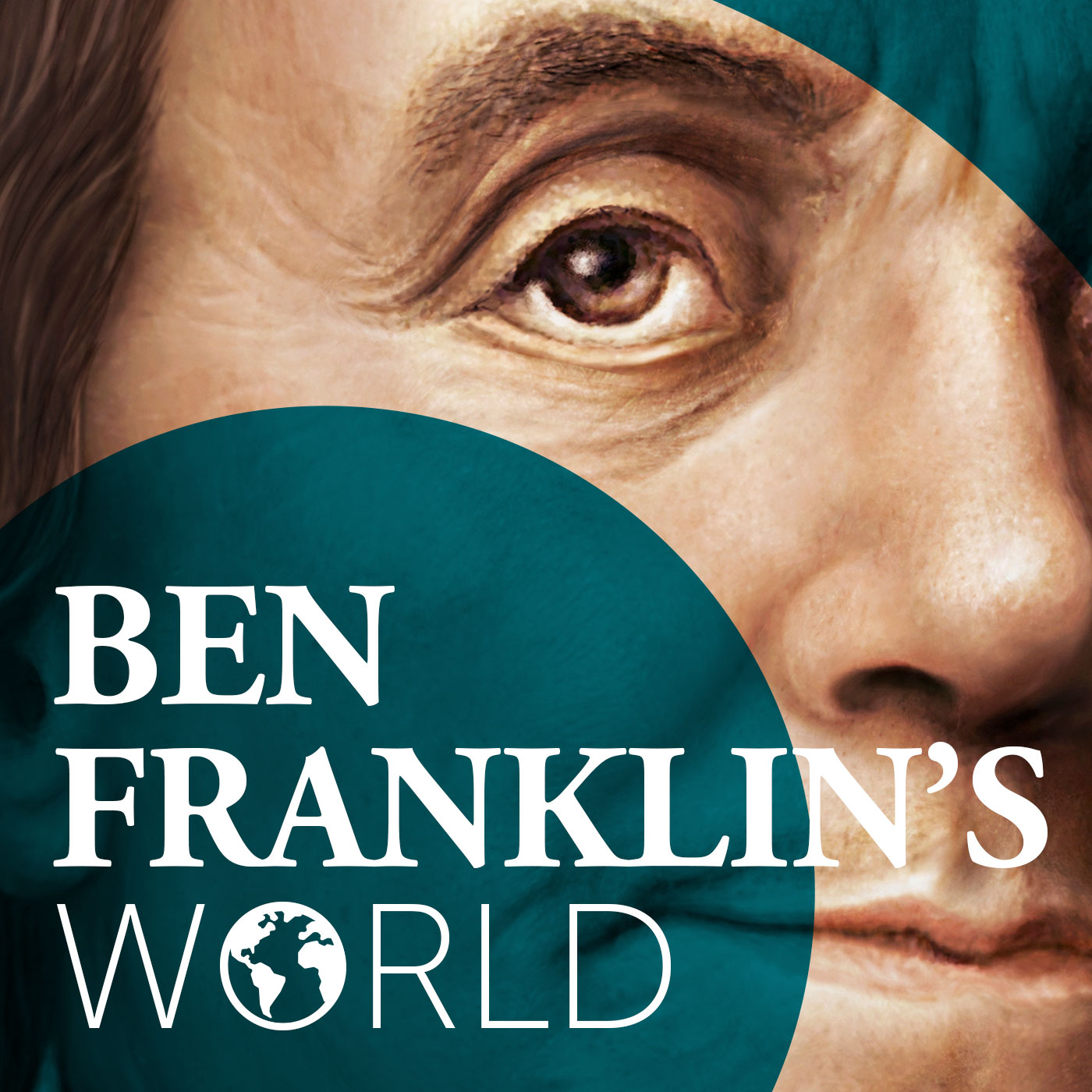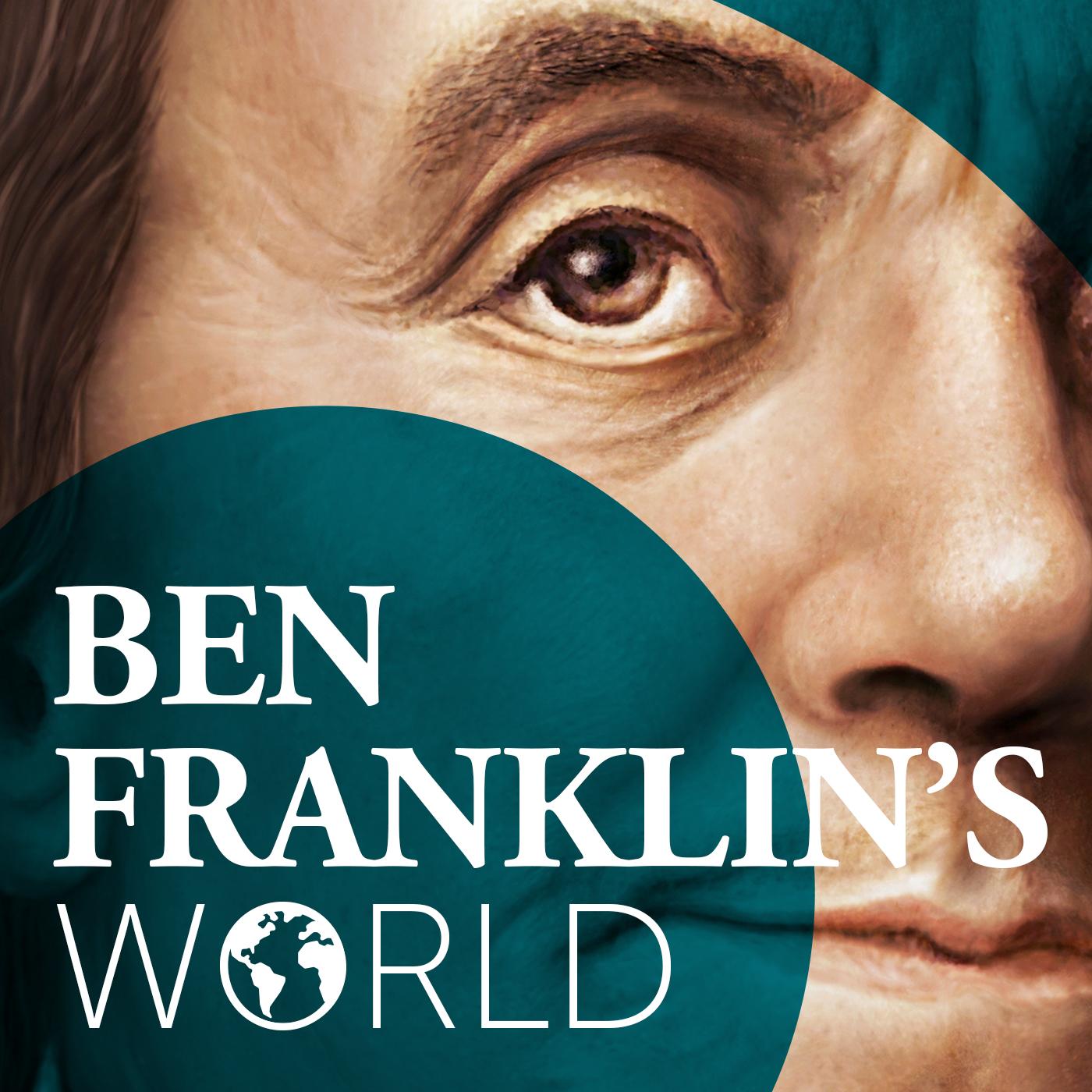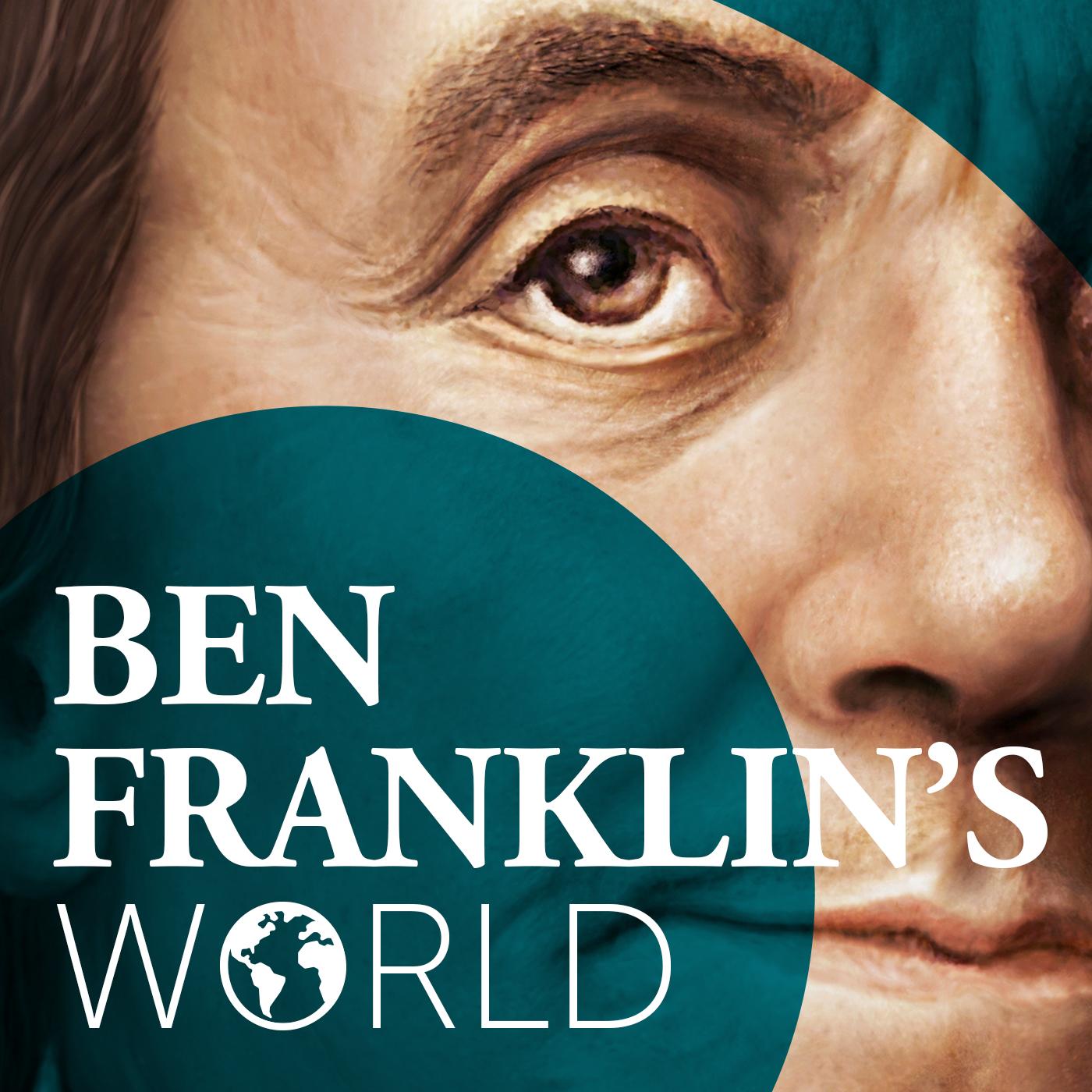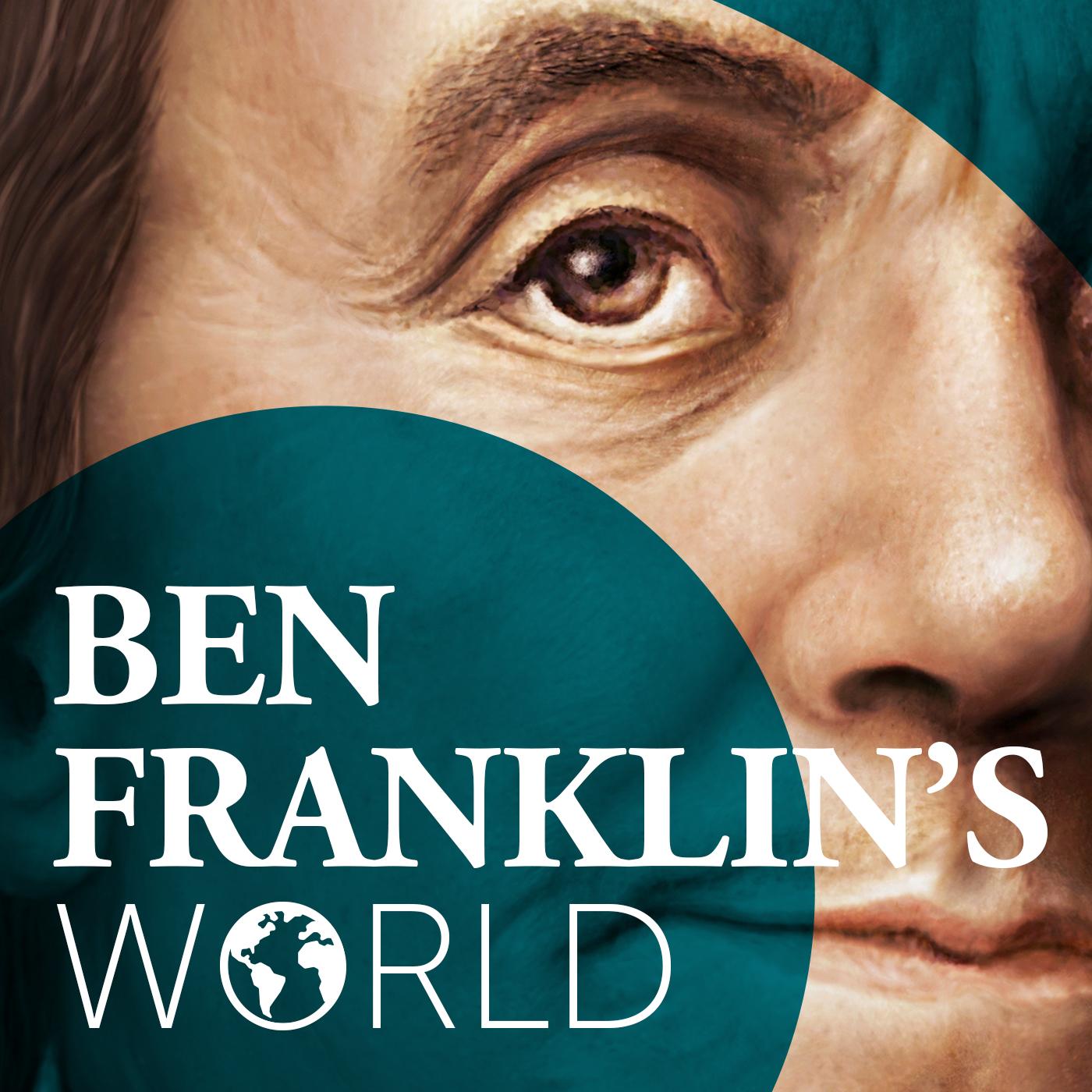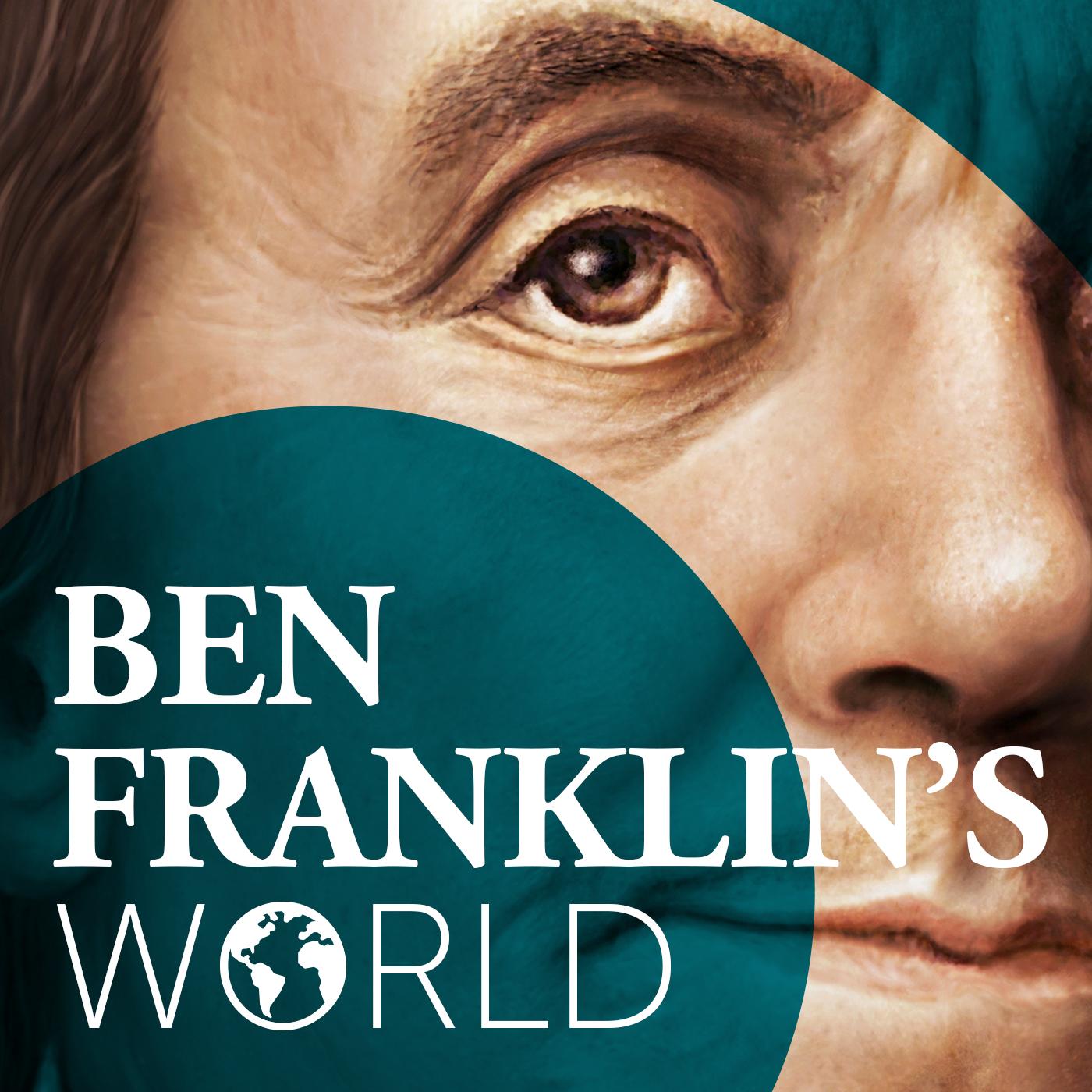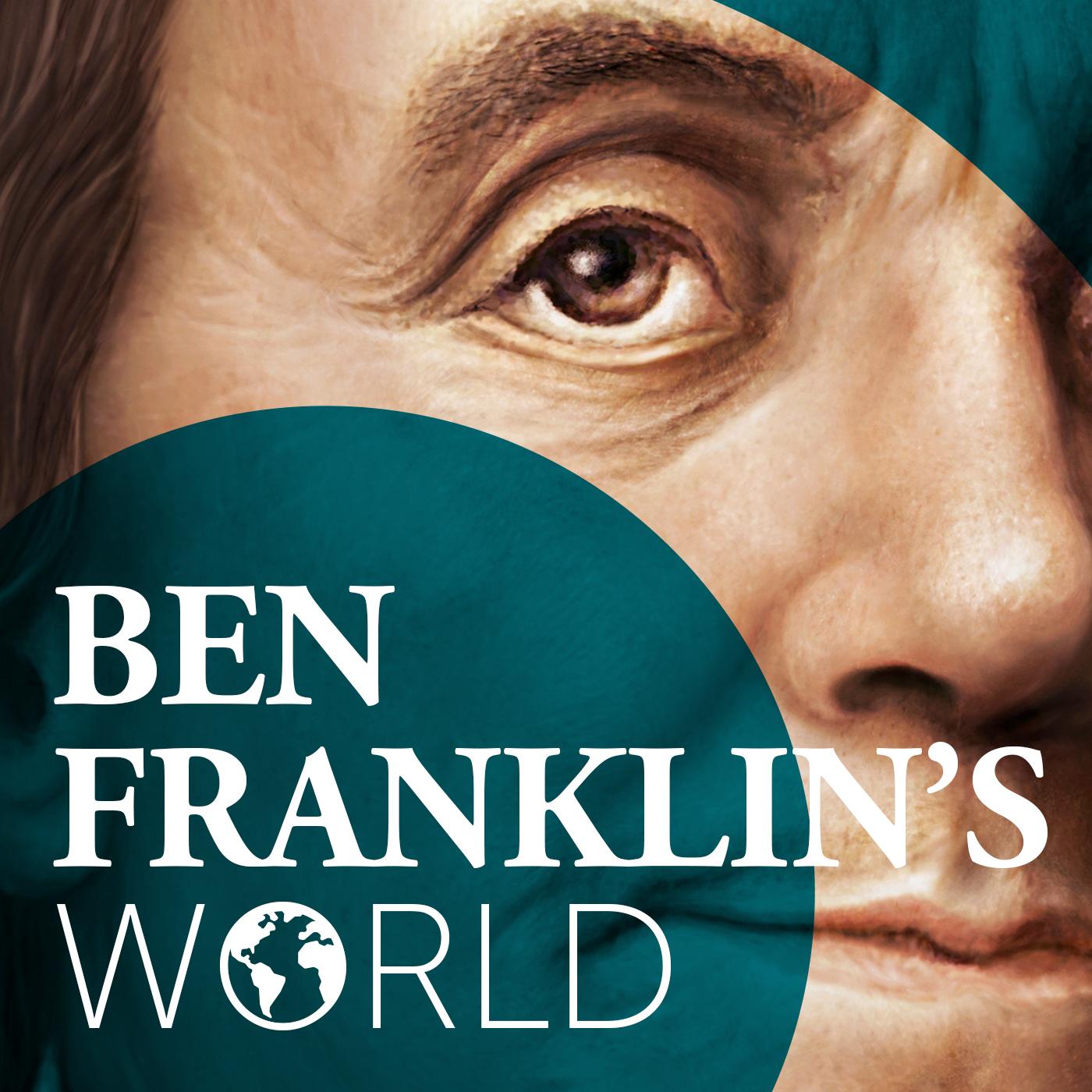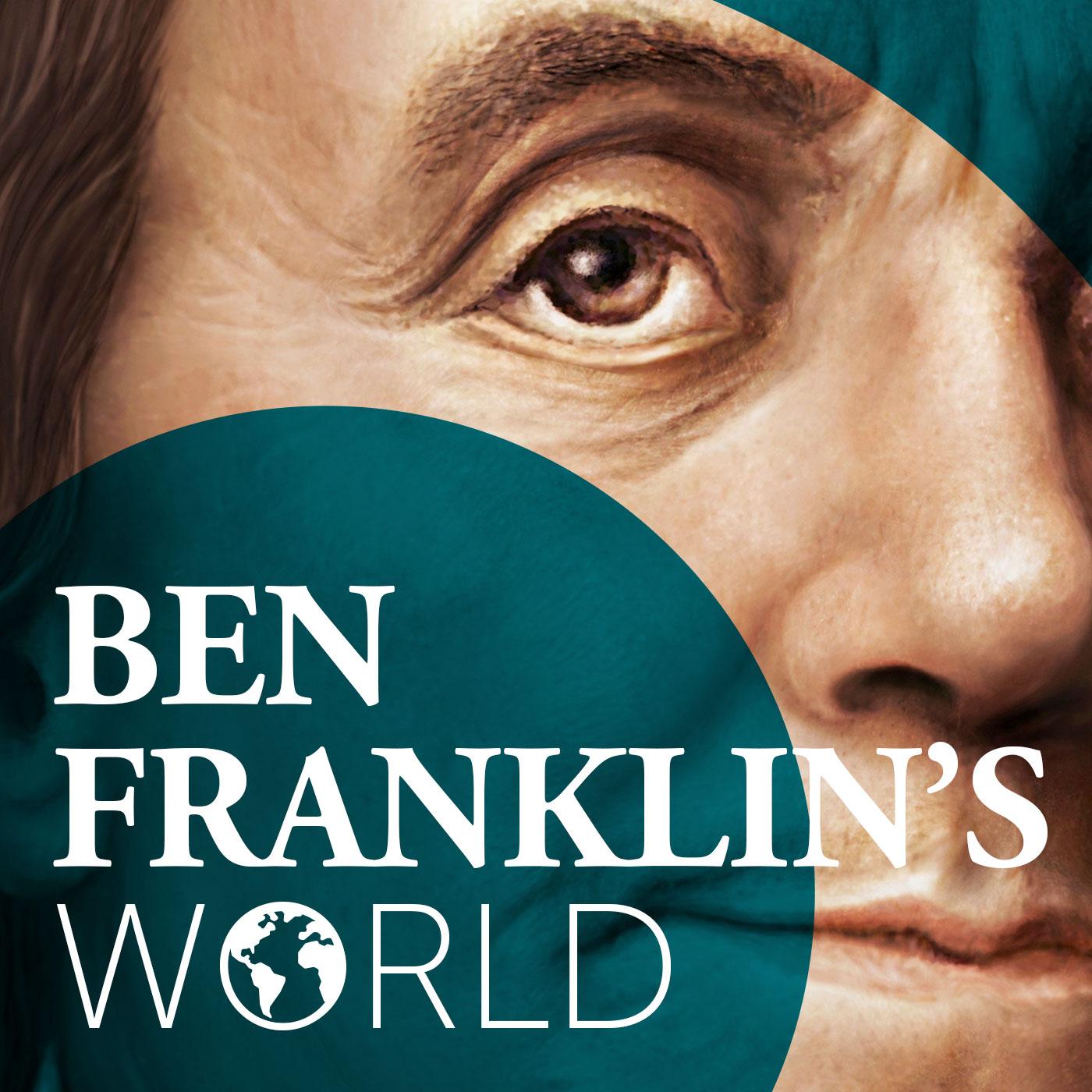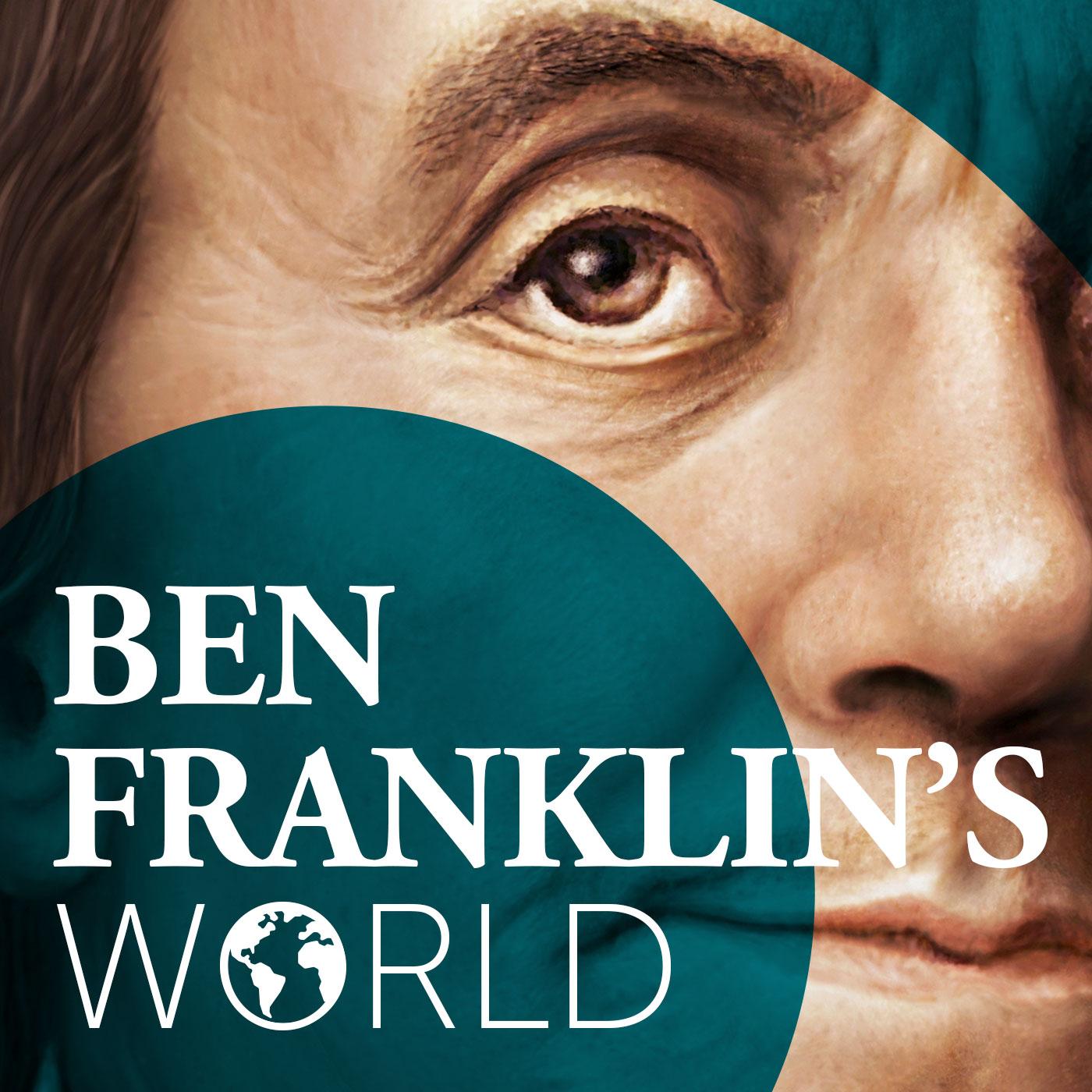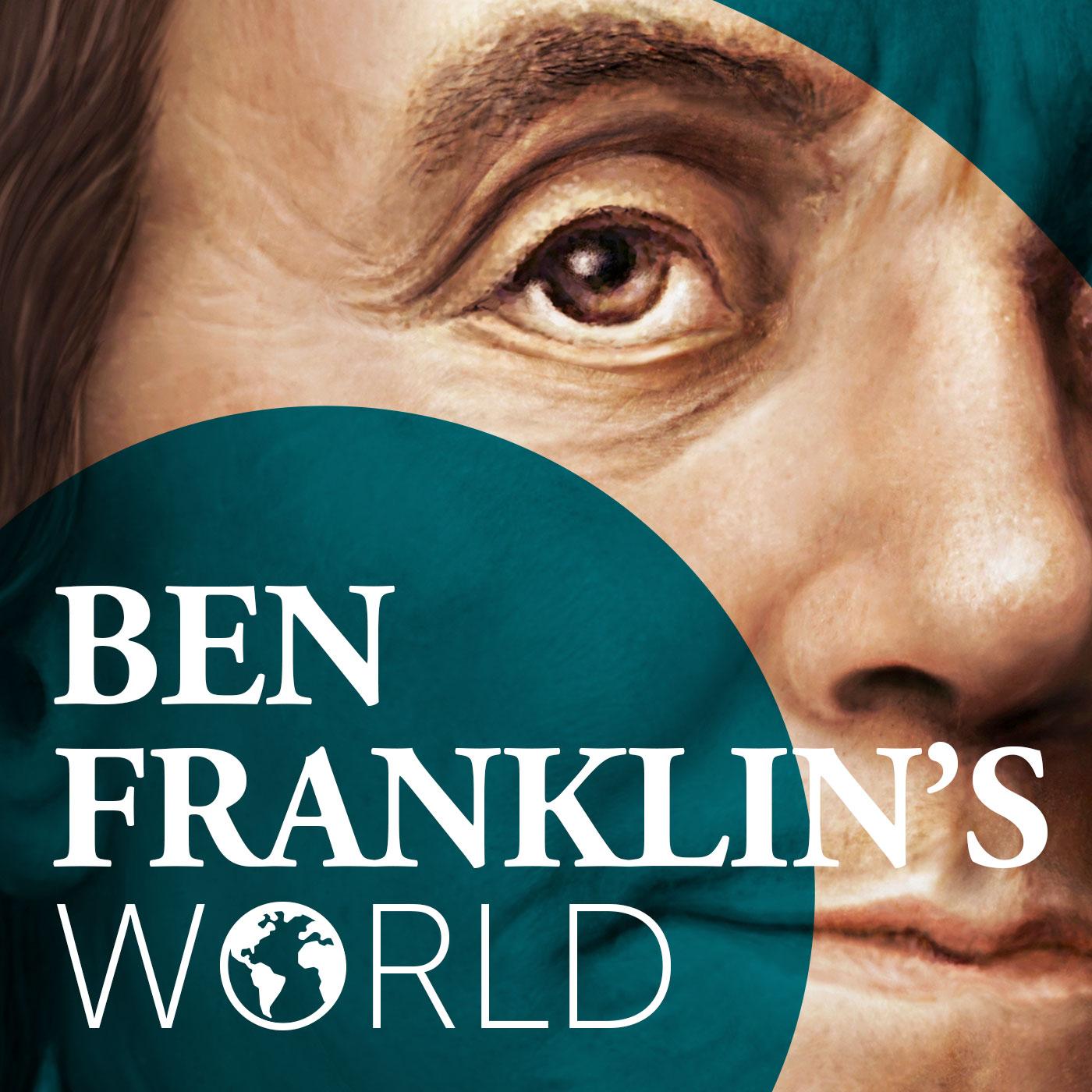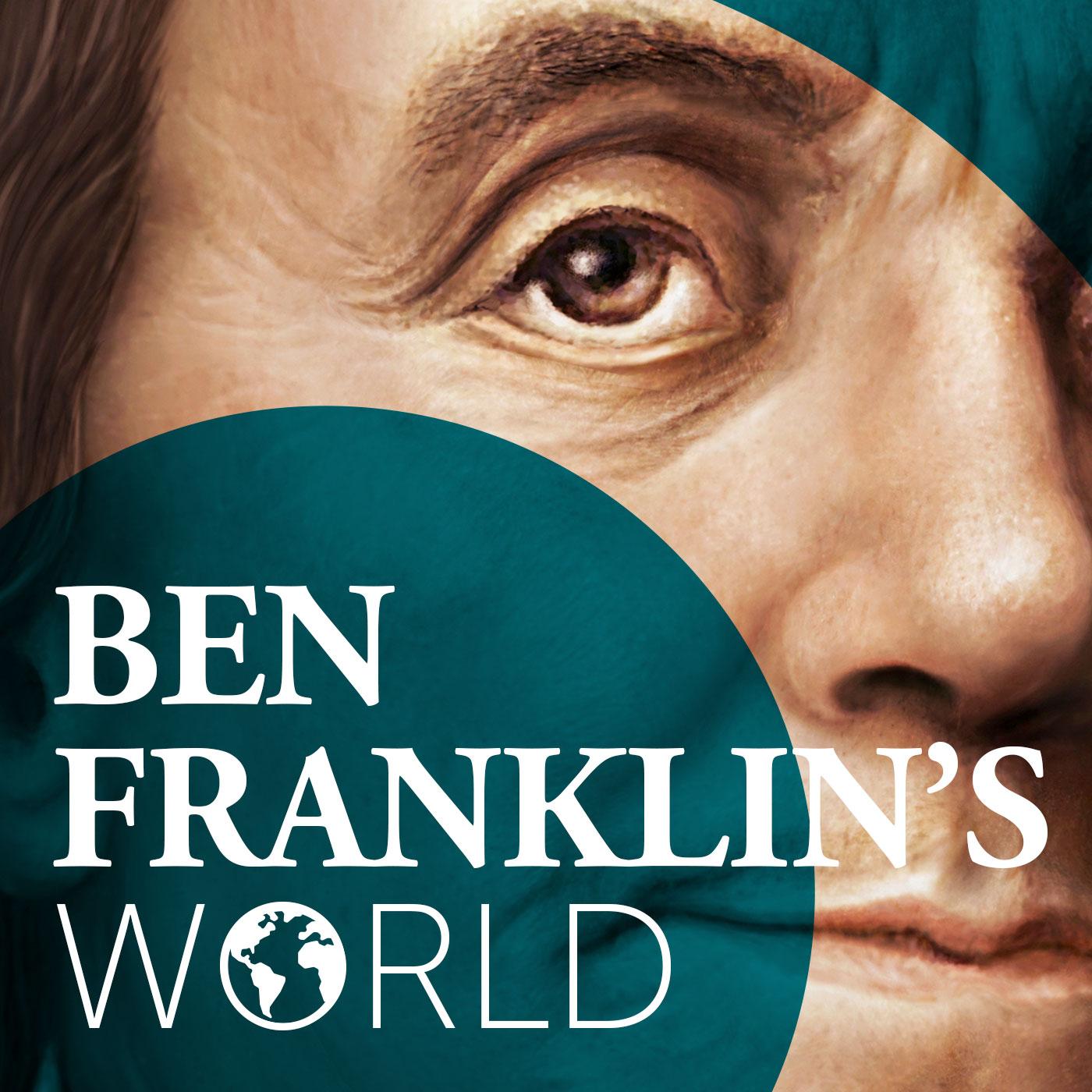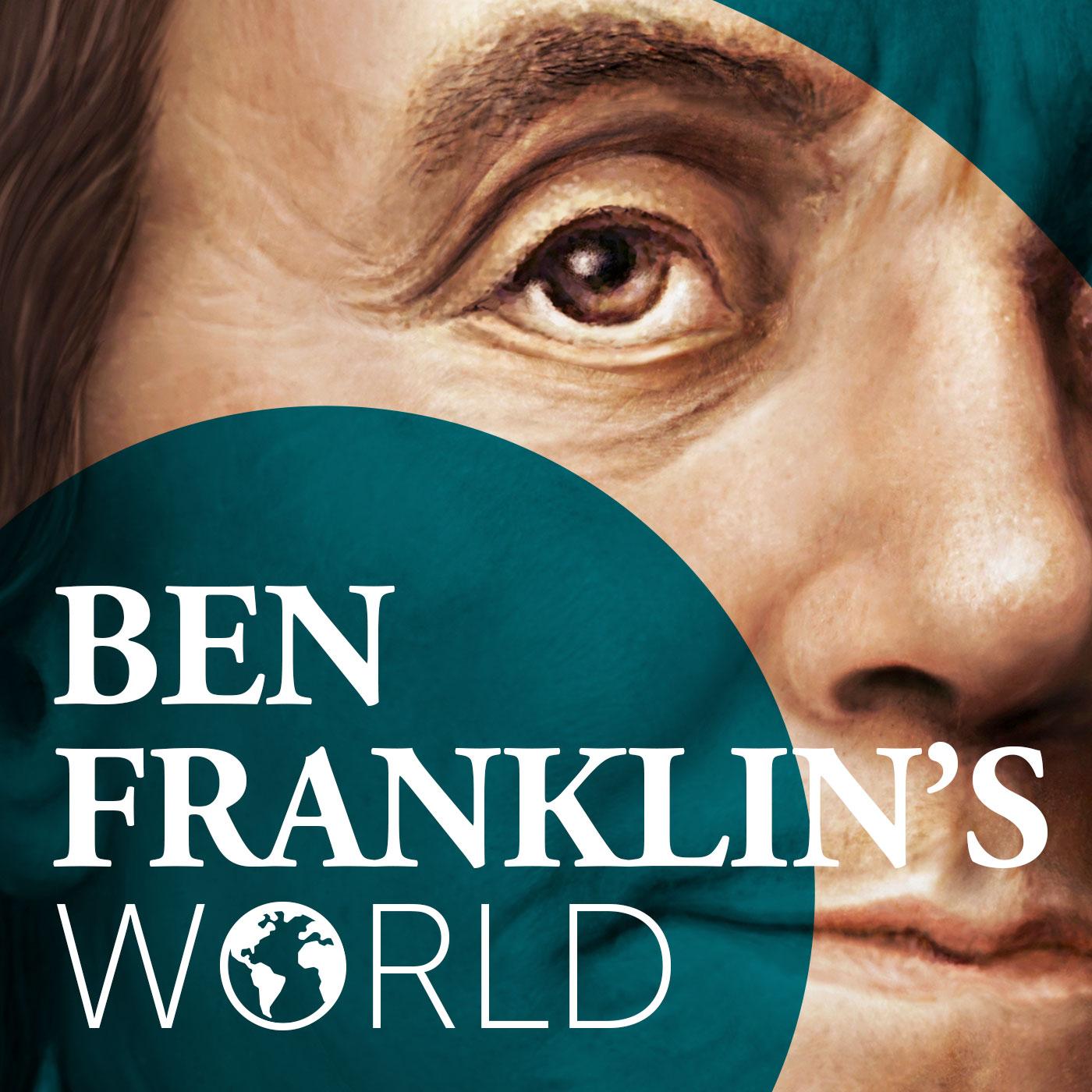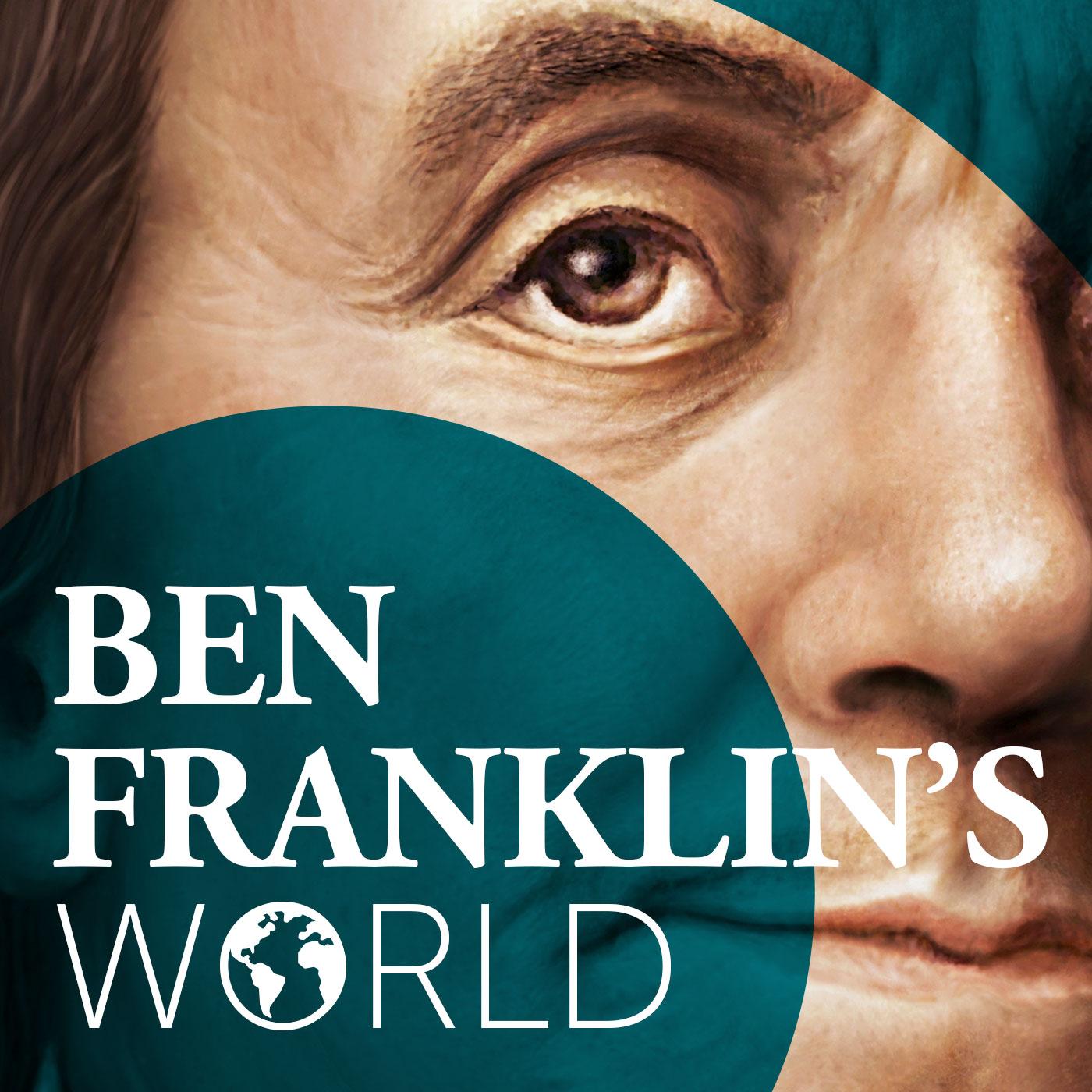367 The Brafferton Indian School, Part 1
In 1693, King William III and Queen Mary II of England granted a royal charter for two institutions of higher education in the Colony of Virginia. The first institution was the College of William & Mary. The second institution was the Indian School at William & Mary, known from 1723 to the present as the Brafferton Indian School. The history of the Brafferton Indian School is a story of power, trade, land, and culture. It’s an Indigenous story. It’s also a story of English, later British, colonialism. Over the next two episodes, we will investigate the Brafferton Indian School and the stories it tells about power, trade, land, culture, and colonialism in early America. We’ll also explore the legacy of the Brafferton and other colonial Indian schools by examining the connections between these schools and the creation of the Indian Boarding Schools that operated within the United States between the mid-nineteenth and mid-twentieth centuries. In this episode, we focus on the history and origins of the Brafferton Indian School. Show Notes: https://www.benfranklinsworld.com/367 Sponsor Links Colonial Williamsburg Foundation The American Indian Initiative at Colonial Williamsburg William & Mary, Brafferton Initiative William & Mary October 28th Lecture: Ned Blackhawk, “The Indigenous Origins of the American Revolution” Complementary Episodes Episode 104: Andrew Lipman, The Saltwater Frontier: Native Americans and Colonists on the Northeastern Coast Episode 132: Coll Thrush, Indigenous London Episode 171: Jessica Stern, Native Americans, British Colonists, and Trade in North America Episode 290: The World of the Wampanoag, Part 1: Before 1620 Episode 291: The World of the Wampanoag, Part 2: 1620 and Beyond Episode 310: Rosalyn LaPier, History of the Blackfeet Episode 314: Colin Calloway, Native Americans in Early American Cities Episode 353: Brooke Bauer, Women and the Making of Catawba Identity Listen! Apple Podcasts Spotify Google Podcasts Amazon Music Ben Franklin's World iOS App Ben Franklin's World Android App Helpful Links Join the Ben Franklin's World Facebook Group Ben Franklin’s World Twitter: @BFWorldPodcast Ben Franklin's World Facebook Page Sign-up for the Franklin Gazette Newsletter

1h 20m